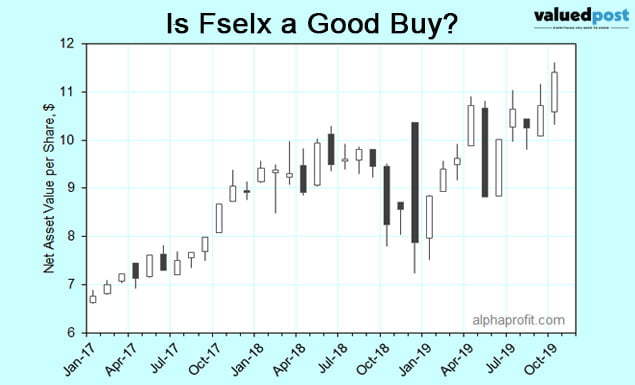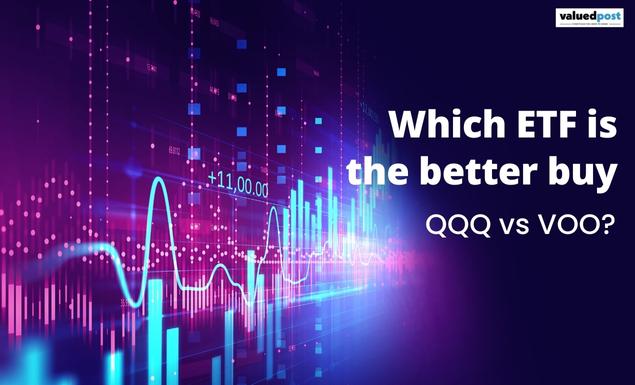Strategy
The Fselx fund typically invests at least 80% of its assets in stocks of semiconductor firms, with a focus on businesses involved in the design, production, or sale of electronic components (such as semiconductors, connectors, printed circuit boards, and other components). For instance, makers of [semiconductor and] semiconductor equipment may be among these businesses.
Risk
Rapid obsolescence, fierce rivalry, and international demand may all have a big impact on the electronics business. Interest rates, currency exchange rates, economic hazards, and political risks are all factors that affect foreign securities. The fund’s tight industry focus may lead it to experience more volatility. The market as a whole and diversified funds tend to be less volatile than non-diversified funds that concentrate on a relatively limited number of stocks.
Additional Disclosures
This summary is simply meant to give a quick rundown of the mutual fund. Read the fund’s prospectus for more detailed information about the fund.
Is The Portfolio Of Fselx A Buy?
Fidelity Select Semiconductors’ FSELX portfolio is up 49% this year. It has returned 24% and 21% year on year, respectively, over the past 3 years and 5 years. What drives semiconductor stocks? How is the Fidelity Select Semiconductors Fund positioned? What is the outlook for FSELX? Is FSELX buy, sell or hold?
The semiconductor industry is cyclical.
Semiconductor chip makers struggled to keep up with demand as the end market boomed.
However, when the supply of semiconductor chips exceeds demand, chip prices will drop.
There has been a long-term decline in the demand for semiconductor chips.
Data from the Semiconductor Industry Association shows that monthly semiconductor chip sales worldwide peaked at $42 billion in October 2018.
However, the sales decline appears to have stalled after sales fell to $32 billion in April 2019.
Global Semiconductor sales fluctuated between $32 billion and $34 billion per month as of April.
FSELX Portfolio How is the $3.3 billion Fidelity Select Semiconductors, however, likely to thrive in this environment and position itself for the future?
Performance of the Fselx Portfolio

The Fidelity Select Semiconductors Portfolio has outperformed the S&P 500 historically and has produced outstanding returns.
For the 3-year and 5-year periods, the Portfolio had compound annual returns of 24% and 21%, respectively. The experience has been bumpy, though; in the fourth quarter of 2018, the fund lost 17% of its value as a result of the sharp decrease in shares of semiconductor chipmakers.
On the assumption that semiconductor sales are bottoming and are about to increase once more, the Portfolio just reached an all-time high. When discussions between the U.S. and China halted, and trade talks between the two nations failed, the fund lost 18 percent in only May.
Holdings in Fidelity Select Semiconductors
Chipmakers and capital equipment suppliers for semiconductors are among the top 10 holdings of the fund FSELX. Although, the fund has 76 percent of its holdings in semiconductor chipmakers as of September 30, 2019. Intel, Broadcom, Qualcomm, Marvell Technology Group, and memory chip manufacturer Micron Technologies were the top five holdings of the fund.
Expense Ratio for Fselx Fund

The cost ratio for the Fidelity Select Semiconductors Fund is 0.73 percent. But this contrasts positively with the small selection of mutual funds available with a concentration on the semiconductor business. The expense ratio of the fund is fairly competitive with that of exchange-traded funds. Moreover, the leveraged Semiconductor UltraSector ProFund and Rydex Electronics Fund both have substantially higher cost ratios.
What is ahead for the portfolio of Fidelity Select Semiconductors?
Products utilised in communication, entertainment, processing, and data storage & analysis are made possible by semiconductors. However, the capabilities of developing technologies like cloud computing, artificial intelligence, the Internet of Things, and virtual reality should be enhanced by the next generation of wireless network technology, or 5G. PwC predicts that by 2023, worldwide semiconductor sector revenues would have risen from $480 billion to $575 billion.
Is it better to buy, sell, or hold the Fselx Select Semiconductors Fund?
The Fidelity Select Semiconductors fund projects to decline from its record high, providing long-term investors with a purchasing opportunity. Short-term traders might choose the FSELX fund if they want exposure to the semiconductor industry specifically.















